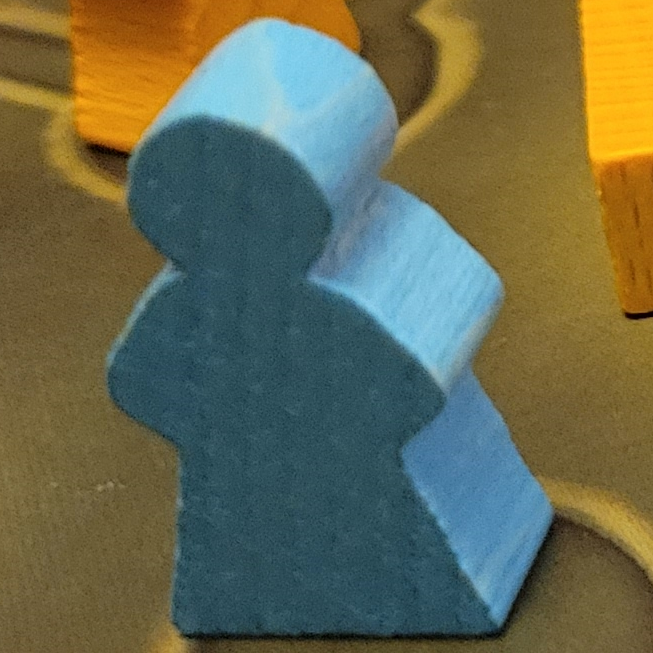Yeah, this one took me a while to wrap my head around and intuitively “get it”. I first learned it was true from that mythbusters episode where they correct their past mistakes… and even they had thought that two cars hitting head on would receive the same energy as hitting a stationary wall at the speed of the sum of their speeds. They were corrected in letters written to them, and then they experimentally verified it.
And even seeing the experimental verification, it still took me a while to really get it. The opposite speeds cancel out, making you go from your speed to zero. Same as if you hit a brick wall at that speed.
Let’s say the two cars are going 50 mph (kph, whatever unit you want). 50-50=0. You experience the same as hitting the brick wall. It’s the difference between initial speed and final speed that matters, not the sum of their speeds.













You ever have an image of something like fire or mist or galaxies and stars or whatever taken with a black or white background, and you want to make it a transparent background instead? Color to alpha keeps the translucent elements intact at the appropriate translucency while removing the background color. Super useful for compositing images together.